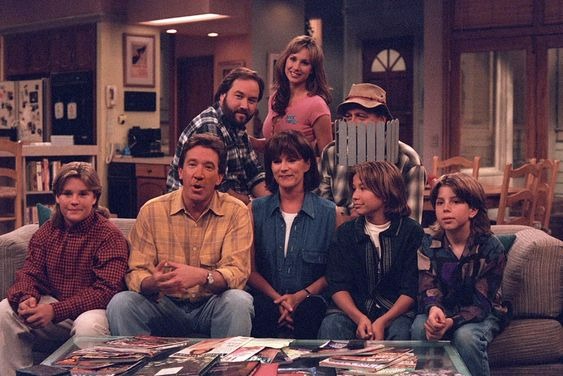
Dawnn Lewis spent six years playing Jaleesa on the NBC sitcom A Different World. Although she’s maintained a busy, thriving career since the show ended in 1993, she says it isn’t always easy for Black women to navigate the tricky waters of Hollywood.
“I believe we’ve taken several steps forward, that cannot be denied, but I also recognize that there is a ceiling that only a handful of us are allowed to press through,” Lewis, 61, exclusively tells PEOPLE. “You can be the exception. We still feel limited. We’re grateful for the variety of platforms now on which we can have opportunities. Because of the variety, one person can’t be everywhere, so they’ve got to spread it out somewhat. But then, depending on the platform, you get either a nod or you don’t from the industry.”
“So yes,” she adds, “there are more opportunities, but at the same time, they just raised the ceiling just a little bit higher, so you still feel like you’re bumping your head.”
Lewis cites the lack of Oscar nominations this year for Black actresses in leading roles as an example of how Hollywood can make Black actresses feel underappreciated.
:max_bytes(150000):strip_icc():focal(749x0:751x2):format(webp)/a-different-world-121522-2-90695480dd75468599accf6406475eb4.jpg)
“You look at the Oscar nominations,” she says. “It’s like, ‘Seriously? Seriously?’ Really, what does a person have to do? What does a person have to do? Viola Davis — nothing for The Woman King? What does a person have to do? Do you know what I’m saying?”
Despite the obstacles Black women have faced and continue to face in Hollywood, Lewis has managed to carve out a distinctive career for herself. During her six-season run on A Different World, she landed a role in the 1988 Keenen Ivory Wayans-directed big-screen blaxploitation send-up, I’m Gonna Git You Sucka, which was mold-breaking in an important way.
“My very first feature film was I’m Gonna Git You Sucka, where even though it was a comedy, it showed us invested in our community,” says Lewis, who has appeared in a number of other big-screen movies, including the 2006 hit Dreamgirls. “It showed us willing to go to war, if need be, to defuse and to disassemble stereotypes. To see a woman of color as the damsel in distress being saved by her hero, not minimized, not abused…”
She continues, “And to this day, people still watch it. It still makes me laugh. And the level of talent that was in that movie was exceptional. Everyone from Bernie Casey to Isaac Hayes, and of course, Keenen and the Wayans boys. We got introduced to Marlon, Damon and Shawn in that movie, as well as Kim Wayans. The whole Wayans family was in that movie.”
Lewis’ A Different World character, Jaleesa, also presented a smart, ambitious young Black woman. She differed from other screen depictions of young Black women who, at the time, were usually being shown—or not shown—on TV.
:max_bytes(150000):strip_icc():focal(999x0:1001x2):format(webp)/dawn-lewis-021523-f4be2b1130be49b980a112823eb265b2.jpg)
She’s particularly proud of the way A Different World smashed a lot of stereotypes about Black people by showing diversity among Black people on the campus of a fictional HBCU, Hillman College. “When A Different World came along, they were adding people of color, various shades of brown and financial elevation, social awareness or unawareness,” she says. “We painted a palette where there was someone for everyone, whether you were a seasoned citizen like Mr. Gaines, who saw the value in continuing to speak into the lives of young people.”
“There are millions of Mr. Gaines’s out there. There are millions of Colonel Taylors out there representing our military service. There are millions of Jaleesas out there, people who say, ‘I’m not giving up on myself yet,'” she continues. “So anything that we did, anything that our characters did to raise awareness or elevate the various facets of who we are in this fabric of this country and in our culture, I think that’s what still resonates today, because we’re all striving to be our best selves and just looking for a reflection of what does that look like in my world?”
Since leaving Jaleesa behind, Lewis has remained busy in film, television, theater and music (before A Different World, she was a recording artist, and she wrote and sang the sitcom’s theme song), racking up dozens upon dozens of acting credits. She’s also taken on voiceover roles while “paying it forward,” creating opportunities for promising young talent that might otherwise struggle to find an opening in the business. Her A New Day Foundation, which she formed in 2017, is a continuation of work she’s been doing for 40 years.

“I’ve learned that [phrase] ‘pay it forward,'” she explains. “I did not know what the term ‘mentor’ was or ‘motivational speaker,’ but ever since I was in elementary school … I was bullied as a young child. So my teachers and the people in my village really put a lot of effort and energy into me to help me see the light and the positivity of myself and my abilities.”
